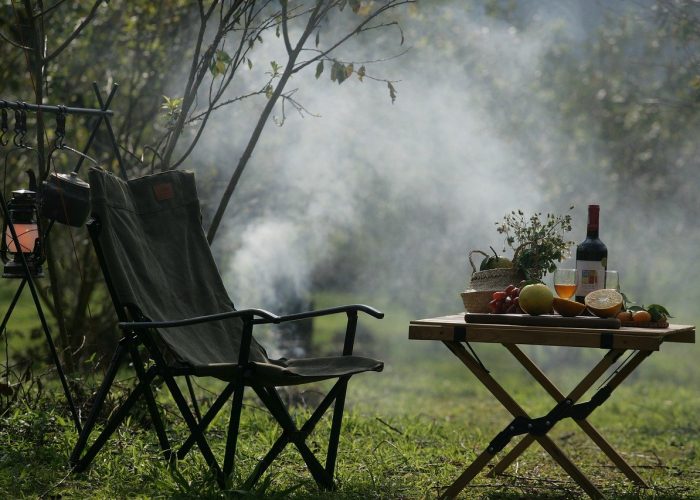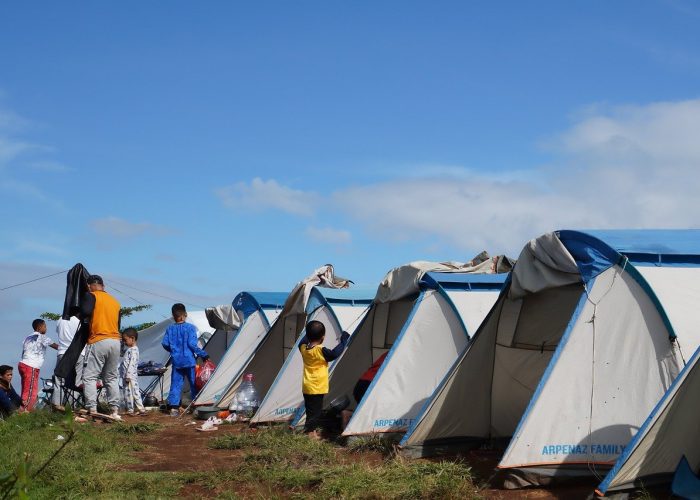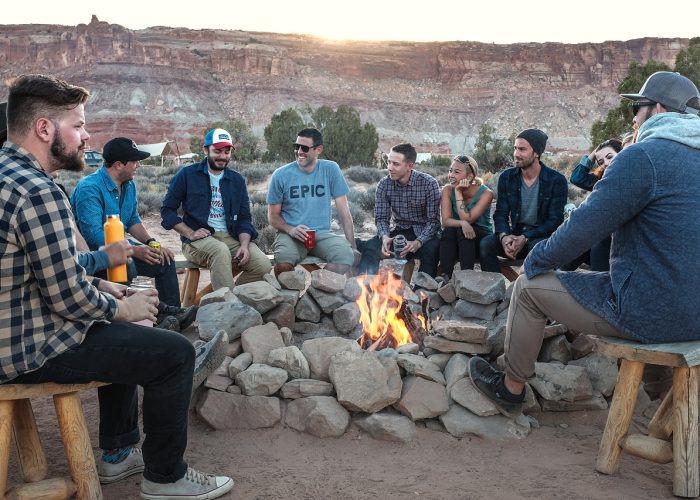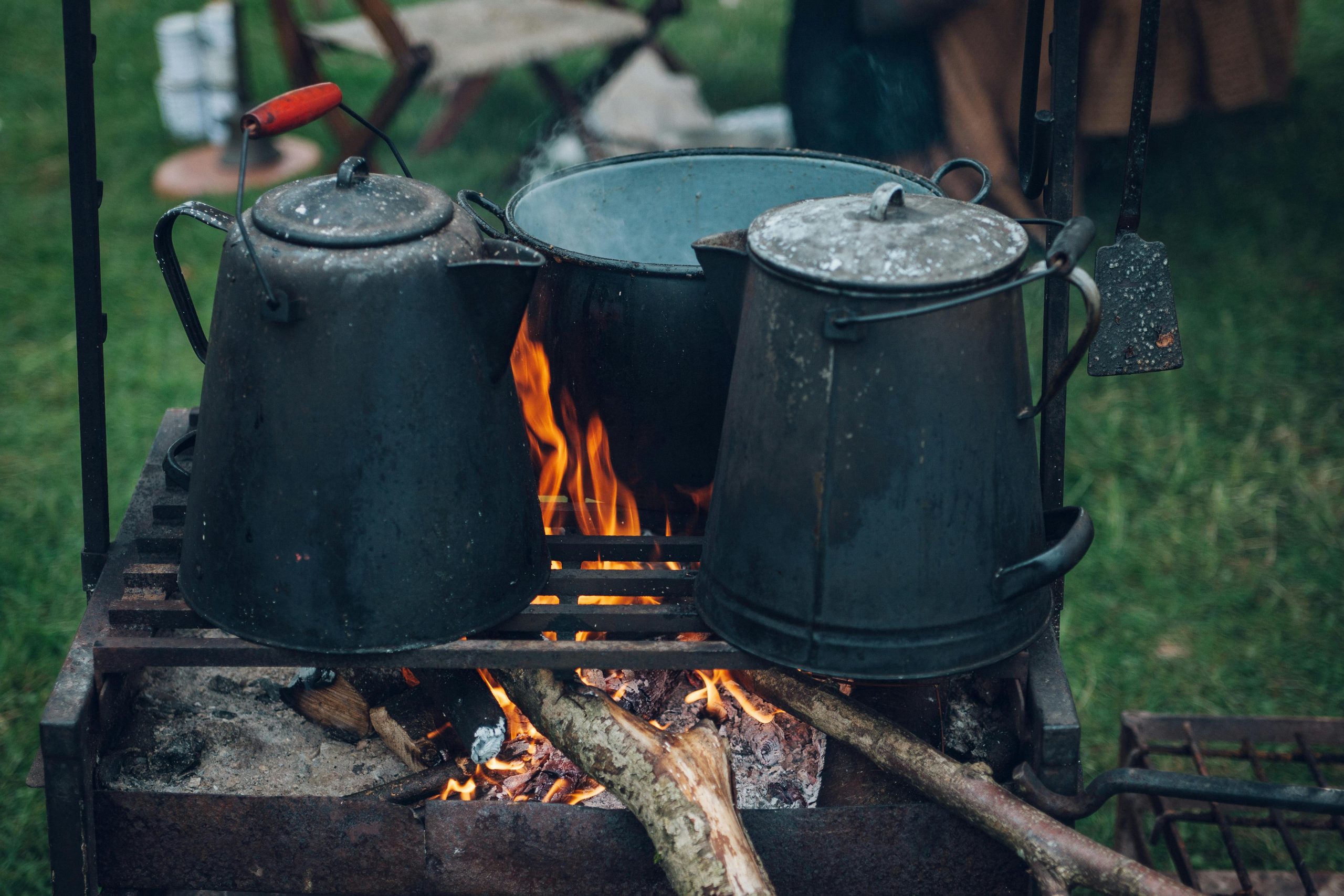Night Safety
- Nighttime can present additional hazards. Bring a reliable flashlight or headlamp and extra batteries. Avoid wandering too far from your campsite after dark, and mark your site with reflective materials to easily locate it. Knowing the boundaries of your camp at night and understanding the sounds of the forest can enhance your sense of security.




